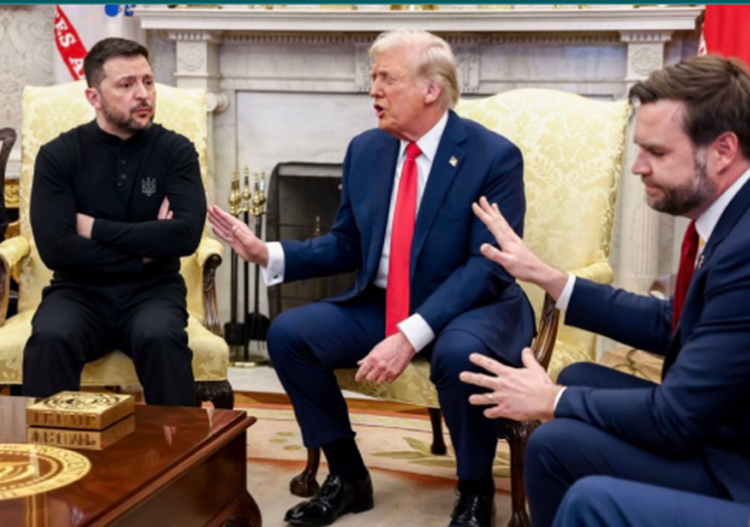
President Donald Trump announced Sunday that the United States will delay a major tariff on European Union goods until July 9, giving both sides time to restart trade talks and avoid immediate economic fallout.
Originally set to begin on June 1, the 50% tariff on EU imports was postponed after Trump and European Commission President Ursula von der Leyen held a phone call.
While speaking to reporters in Morristown, New Jersey, Donald Trump shared that Ursula von der Leyen asked for additional time to finalize an agreement. "She wants to get down to serious negotiation," Trump said. "I agreed to do that."
According to AP News, the US president had previously warned that the EU was being "very difficult to deal with" and claimed that earlier efforts to negotiate had "gone nowhere."
On Friday, he posted on social media that the tariff would go forward unless there was progress. But Sunday's call seemed to ease some of that tension.
"I agreed to the extension — July 9, 2025 — it was my privilege to do so," Trump wrote on Truth Social shortly after speaking to reporters. He added that talks between the two sides would begin "rapidly."
lol Trump now says his new tariffs against the EU are delayed until July 9 pic.twitter.com/NduycjBXUM
— Aaron Rupar (@atrupar) May 25, 2025
Von der Leyen says EU-US talks continue ahead of July 9 deadline
Ursula von der Leyen also acknowledged the discussion, noting on social media that conversations between the EU and the US are ongoing.
"share the world's most consequential and close trade relationship." She added, "To reach a good deal, we would need the time until July 9."
The delay comes as markets around the world watch closely. News of the postponement helped boost confidence in Asia, with Japan's Nikkei 225 rising 0.8% and South Korea's KOSPI up 0.9% in early trading, CNN said.
China's Shanghai Composite Index saw a modest gain, rising by 0.3%.
This is not the first time Trump has announced a tariff only to walk it back later. Earlier this year, he delayed a planned 20% tariff on EU goods. He has argued that the US is at a disadvantage due to what he calls "non-monetary trade barriers."
Government data shows that in 2024, the United States recorded a $236 billion trade deficit with the European Union. Trump has said this gap is proof the EU needs to make major changes in how it does business with the US.
On Sunday, Donald Trump spoke about the future of US manufacturing, aligning with Treasury Secretary Scott Bessent's view that bringing back textile production isn't necessary.
He emphasized a focus on advanced industries, including technology and artificial intelligence.







Join the Conversation